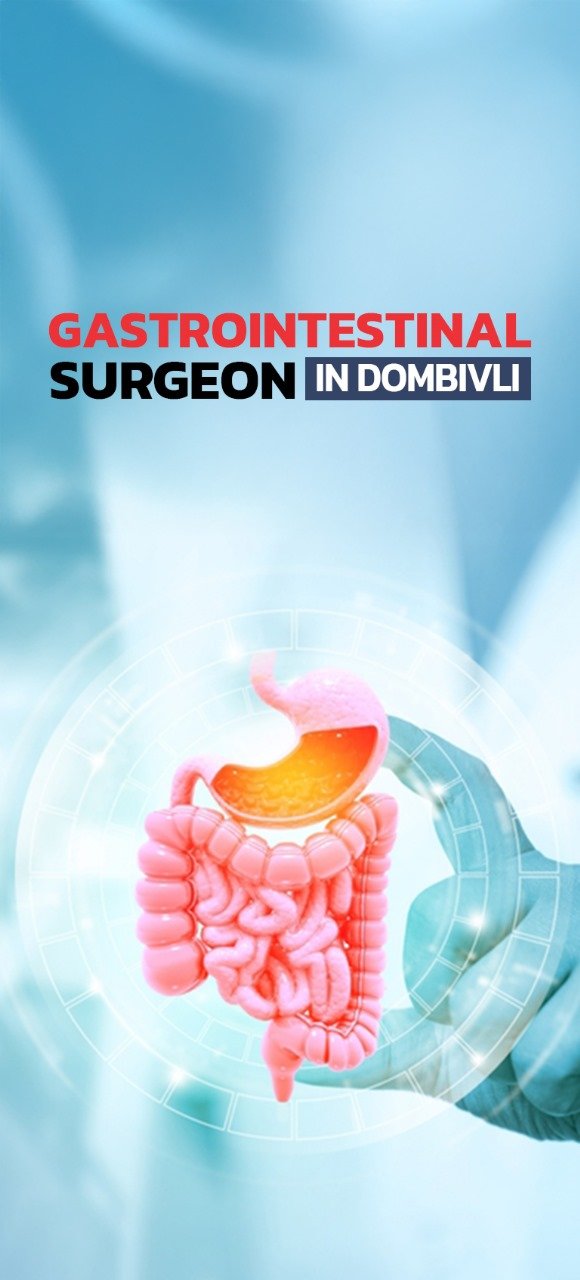

Understand High SGPT Levels and Effective Ways to Reduce Them

Causes of High SGPT Levels
At Jeevanshree Hospital, our specialists understand that SGPT elevation could result from a variety of medical conditions and lifestyle factors such as:
Liver-Related Conditions
- Non-Alcoholic Fatty Liver Disease (NAFLD): Excess fat buildup in the liver, often linked to obesity and diabetes.
- Viral Hepatitis (Types A, B, C & E): These infections cause liver inflammation and elevate SGPT levels.
- Liver Cirrhosis: A severe liver disease characterized by irreversible liver damage due to scar tissue formation.

Lifestyle Factors
– Heavy alcohol consumption.
– Obesity and a sedentary lifestyle contributing to fat accumulation.
– Misuse of over-the-counter medications like painkillers.
Other Medical and Environmental Factors
– Heart Conditions: Related damage during events like a heart attack.
– Autoimmune Disorders: Celiac disease, diabetes, and conditions like dermatomyositis.
– Medications: Long-term use of antibiotics, statins, and other potentially hepatotoxic medications.
– Family History and Environmental Risks: Genetics and exposure to pollutants or infections like Hepatitis.
How to Reduce SGPT Levels Effectively?
The highly skilled team at Jeevanshree Hospital, home to one of the top Laparoscopic Hospitals in Dombivli, emphasizes a balanced approach that includes:
Dietary Changes
A healthy diet plays a significant role in improving liver health and bringing SGPT levels back to normal. Some essential foods recommended include:
– Leafy Greens: Spinach and kale boost liver detoxification.
– Garlic: Contains allicin, which naturally lowers SGPT and supports liver health.
– Turmeric: With powerful anti-inflammatory properties, turmeric aids in reducing liver inflammation.
– Green Tea: Rich in antioxidants that help repair liver cells.
– Fruits: Grapes and berries contain polyphenols known to lower SGPT.
– Fish: Fatty fish with omega-3 fatty acids combat liver inflammation.
– Whole Grains and Nuts: Oatmeal and nuts help stabilize SGPT levels with healthy fiber and fats.
Lifestyle Modifications
At Jeevanshree Hospital, our Laparoscopic Center in Dombivli ensures a complete wellness plan by incorporating these steps:
- Stay well-hydrated with 8–10 glasses of water daily.
- Engage in moderate physical exercise for 30 minutes at least five days a week.
- Get 7–9 hours of restful sleep.
- Avoid toxic habits like smoking or alcohol consumption completely.
- Maintain a healthy weight and good personal hygiene.
Natural Supplements and Vitamins
– Milk Thistle: Promotes liver cell regeneration through active silymarin compounds.
– Dandelion Root: Supports natural detoxification.
– N-Acetylcysteine (NAC):Boosts liver antioxidants, enhancing overall function.
– Folate and Vitamin D: Essential for reducing elevated liver enzyme levels.
Medical Care and Monitoring
Avoid self-medication, particularly with painkillers like paracetamol, as improper doses can harm the liver. All medications and antibiotics should be taken only under strict medical supervision. Dr. Rahul Mahadar and his expert team at Jeevanshree Hospital ensure personalized care to help patients monitor their SGPT levels and take appropriate action—combining dietary guidance, lifestyle changes, and medical intervention if required.
Normal SGPT Range & Diagnosis
Blood tests typically define normal SGPT levels as:
– Women: 19–25 U/L.
– Men: 29–33 U/L.
At Jeevanshree Hospital, our specialists recognize that slightly elevated levels (above 56 U/L) could indicate liver stress or damage. Regular monitoring under the guidance of skilled professionals like Dr. Rahul Mahadar ensures any potential issues are identified and addressed promptly, especially for those at risk of liver issues.
Conclusion
High SGPT levels often point to liver health concerns that require intervention, but with the right dietary and lifestyle measures, improvement is achievable. The expert care provided by Dr. Rahul Mahadar, a leading Gastrointestinal Surgeon in Dombivli and experienced Laparoscopic Surgeon in Dombivli, ensures patients receive holistic, effective treatment.
At Jeevanshree Hospital, one of the best Laparoscopic Hospitals in Dombivli we focus on a sustainable approach to restoring liver health. By adopting liver-friendly foods like spinach, garlic, and turmeric, committing to regular exercise, and addressing medical concerns proactively, patients can take control of their liver health.
If you’re concerned about high SGPT levels or other liver-related issues, visit Jeevanshree Hospital, the trusted Laparoscopic Center in Dombivli and consult Dr. Rahul Mahadar for expert guidance tailored to your needs. Taking these preventive steps today ensures a healthier tomorrow.


 Previous Post
Previous Post